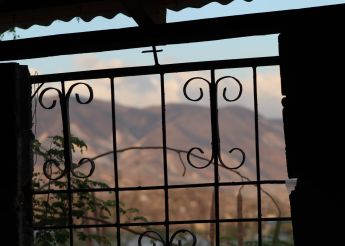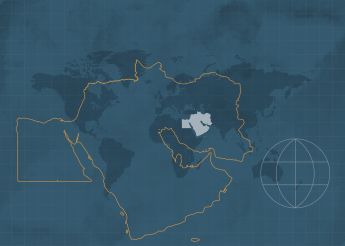Lebanese Centre for Human Rights. Prison conditions have been severely affected by the crisis, especially since the COVID-19 pandemic. With respect to health, access to doctors is now more difficult. In the past, there were four or five doctors per prison, present during the day and in the evening. Today, there is only one doctor, who visits once a week, if they have time. Even this limited access is not available in some prisons. A judge recently requested that a prison doctor conduct a medical examination. The doctor could not find the time, in part due to a lack of means. His salary is exceptionally low (around 50 USD per month), and he only has time to sign prescriptions during visits, with no time to tend to emergencies.
Access to medication is also extremely complicated. They are supplied by international and local organisations or families, not by the State. Several organisations have joined forces to provide help. They have set up an emergency fund for families and an e-mail address shared by all the organisations and the authorities in charge of health care in prison.
Mentally ill prisoners do not receive adequate care. A doctor for one prison once told us that some people receive a treatment that has not been administered in over 25 years. In fact, it only serves to pacify the patients, not treat them.
The number of deaths in detention is rising. In 2022, there were 33 deaths, compared to five or six per year before the crisis. Some people die because the transfer to certain hospitals takes too long. Others are not transferred at all due to the high cost of these transfers.
There are no longer enough means for emergencies. Overcrowding leads to many people with immunity problems being mixed in with the rest of the prison population, which exercerbates their illnesses. Many communicable diseases develop in detention, such as tuberculosis and scabies. In fact, a scabies epidemic broke out recently in a women’s prison, and medication was insufficient. Everything had to be changed, cleaned and burned. NGOs took matters in hand and helped change all the mattresses in the facility. The solutions we find are always temporary, and that is not enough.
The meals supplied by the authorities are of very poor quality, and some people refuse to eat them. Social workers reported to us that women in the Tripoli prison only eat twice a week because they refuse to eat unhealthy products. During the pandemic, families could bring food, but that is no longer allowed. Food products can be purchased from the prison commissary, but this is not possible if the families do not have the necessary financial resources.
We also noted a water problem recently: prisons located in the districts do not have continuous access to water. The women’s prison went without water for four days. People cannot hydrate themselves or wash, resulting in worsened health conditions.





